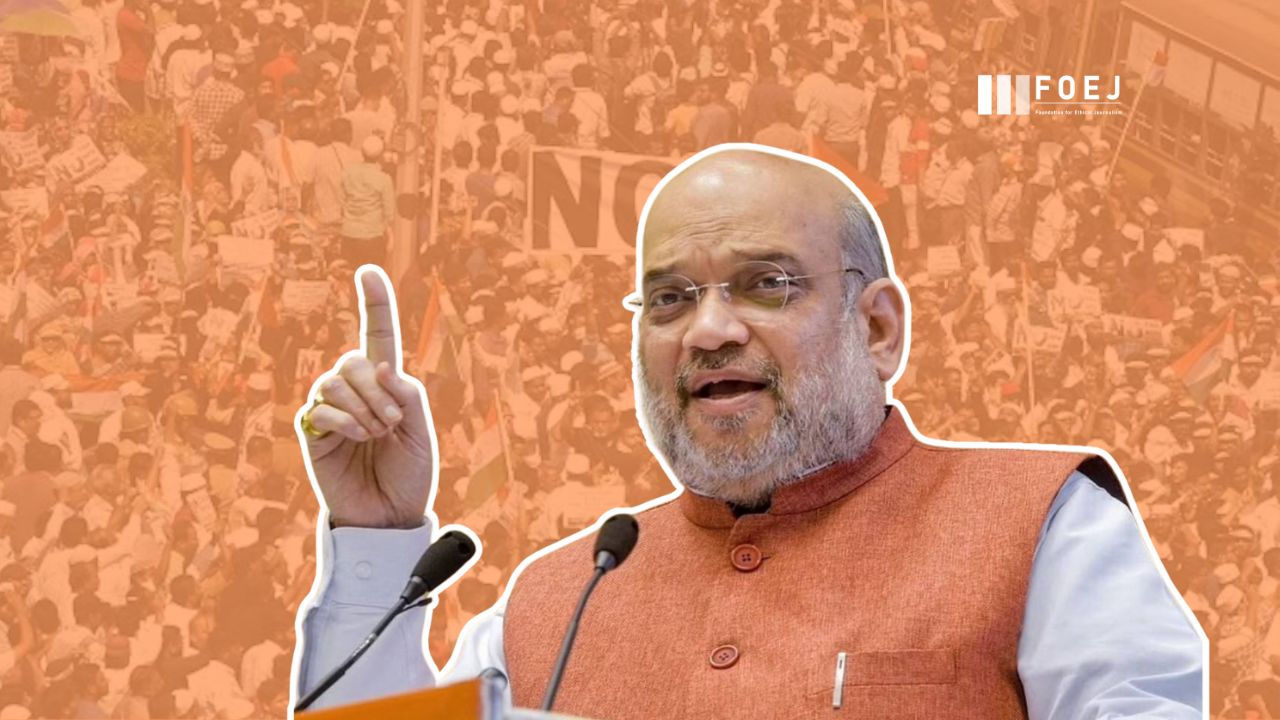According to the information gathered by The Hindu, a local priest is permitted to provide an “eligibility certificate” under the Citizenship (Amendment) Act (CAA), 2019, in order to confirm an applicant’s religion. This certificate needs to be filed via the CAA portal, along with an affidavit and other necessary papers. It is mandatory for applicants to specify the rationale behind their pursuit of Indian citizenship.
Four years following the CAA’s enactment, on March 11, the Ministry notified the Citizenship Amendment Rules, 2024, enabling their implementation. The Ministry then established the helpline number 1032 on March 21 to offer free calls from 8 a.m. to 8 p.m. nationwide in order to provide assistance and information on the CAA.
The Hindu tried reaching the helpline number to discover that a “locally reputed community institution” is supposed to issue the eligibility certificate. The helpline responded to a question regarding its format by saying that it might be on judicial paper with a stamp value of ₹10 or a blank sheet of paper. It was also noted that the certificate might be issued by any local pujari.
Nevertheless, the Ministry failed to name the entity or organization in charge of granting the certificate when the rules were made known. The certificate might be issued by any community-trusted institution, according to a source in The Hindu, who emphasized that the empowered committee has the final say over citizenship matters.
What is Required for the Application?
Under the CAA, undocumented people from all religious communities except Muslims in Afghanistan, Bangladesh, and Pakistan who entered India on or before December 31, 2014, are intended to be granted citizenship. By cutting the residency requirement from the usual 12 years to five, it speeds up the citizenship process.
In addition to the documents listed in Section 6B of the Citizenship Amendment Act (CAA) rules, the regulations specify two additional documents.
- Applicants are expected to provide an affidavit certifying the accuracy of the information given in their application, coupled with a supplementary declaration from an Indian citizen approving the applicant’s character.
- Applicants must have a statement verifying their competence in one of the languages listed in the Eighth Schedule to the Constitution. The additional steps are designed to guarantee comprehensive verification and conformity to the qualifying criteria outlined in the CAA rules.
The Process of Application
Once the application has been uploaded to the online portal, it will be shifted to the district-level committee headed by the superintendent of the Department of Post. On the appointed day by the committee, the applicant will meet and visit them in person. However, applicants have observed delays in the process, as reported by The Hindu.
So far, 100 Pakistani Hindus in the Majnu ka Tila area have registered on the citizenship portal, according to a resident, but the portal has not been accepting their applications.
Furthermore, the final decision on applications rests with an empowered committee, chaired by the Director of Census Operations in each state. This committee comprises officials from various government agencies, including the Intelligence Bureau, the Post Master General, and representatives from the state government.









